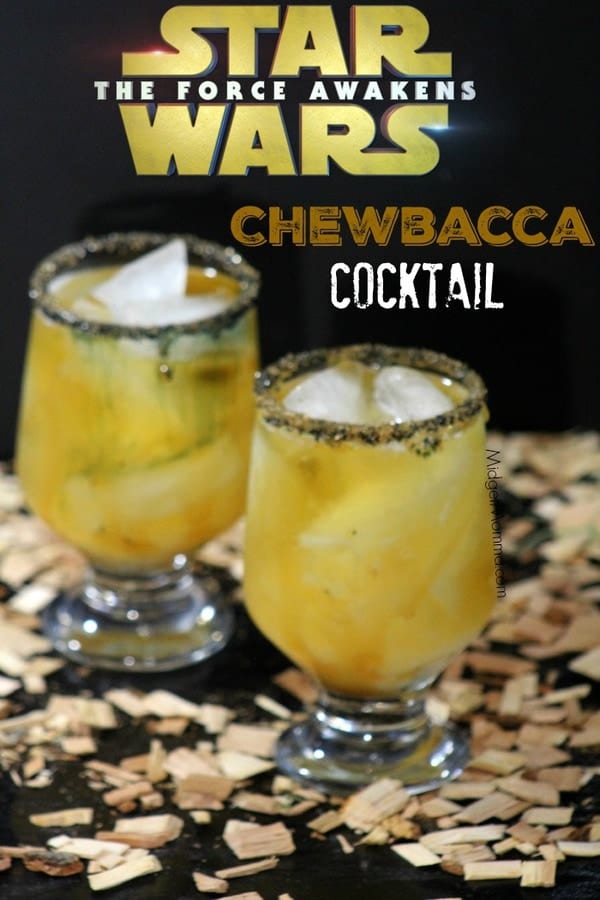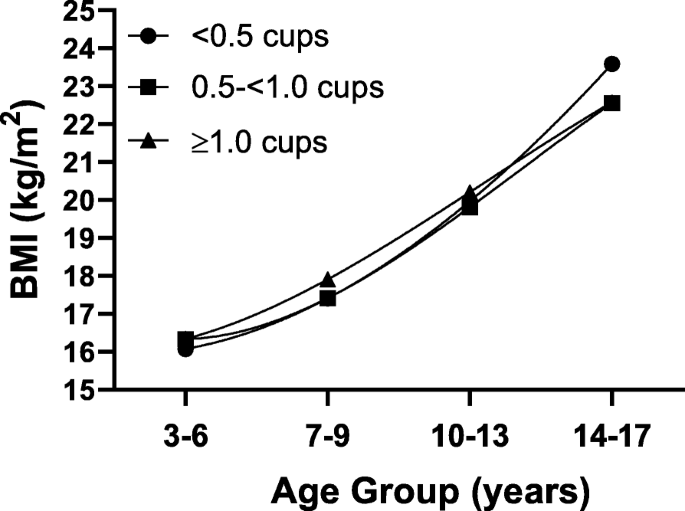Juice 1 3 14
Do I buy juice at the sale price of 2 bottles with 32 oz each for $6.00, or do I buy 1 bottle containing 72 oz for $6.99? Now you can use our unit price calculator to calculate the cost per ounce of one or both deals, and quickly figure out which is the better bargain. Juice Jam Level 1 - 3 completed with no boosters. Level 1 - 3 is played by Pete Peppers. If you are stuck on Juice Jam level 1 - 3 we hope our video will sho.
Juices provide many important nutrients, but consuming untreated juices can pose health risks to your family.
Did You Know?
Get the best vape juice and e-liquid products at Rock Bottom Vapes shop. Unbeatable prices. Top-notch service. Bam Bam's Cannoli. Best Maid Dill Juice 1 Gal Best Maid Dill Juice 1 Gal Best Maid Dill Juice 1 Gal New (9) from $14.60 & FREE. Buy the selected items together. This item: Best Maid Dill Juice $14.60 ($0.11 / 1 Fl Oz) In Stock. Sold by JJFoeveo and ships from Amazon Fulfillment. FREE Shipping on orders over $25.00. Pickle Juice Extra Strength Shots, 2. Exodus 3:1-14 New International Version (NIV) Moses and the Burning Bush 3 Now Moses was tending the flock of Jethro his father-in-law, the priest of Midian, and he led the flock to the far side of the wilderness and came to Horeb, the mountain of God. 2 There the angel of the Lord appeared to him in flames of fire from within a bush.

When fruits and vegetables are fresh-squeezed or used raw, bacteria from the produce can end up in your juice or cider. Unless the produce or the juice has been pasteurized or otherwise treated to destroy any harmful bacteria, the juice could be contaminated.
The U.S. Food and Drug Administration (FDA) has received in the past, reports of outbreaks of foodborne illness, often called “food poisoning,” that have been traced to drinking fruit and vegetable juice and cider that has not been treated to kill harmful bacteria.
While most people’s immune systems can usually fight off the effects of foodborne illness, children, older adults, pregnant women, and people with weakened immune systems (such as transplant patients and individuals with HIV/AIDS, cancer, or diabetes) risk serious illnesses or even death from drinking untreated juices.
Warning Labels
Most of the juice sold in the United States is pasteurized (heat-treated) to kill harmful bacteria. Juice products may also be treated by non-heat processes for the same purpose. However, some grocery stores, health food stores, cider mills, farmers’ markets, and juice bars sell packaged juice that was made on site that has not been pasteurized or otherwise treated to ensure its safety. These untreated products should be kept under refrigeration and are required to carry the following warning on the label:
WARNING: This product has not been pasteurized and therefore may contain harmful bacteria that can cause serious illness in children, the elderly, and persons with weakened immune systems.
However, FDA does not require warning labels for juice or cider that is sold by the glass – for example, at apple orchards, farmers’ markets, roadside stands, juice bars, and some restaurants.
Follow These Simple Steps to Prevent Illness
When Purchasing Juice
- Look for the warning label to avoid the purchase of untreated juices. You can find pasteurized or otherwise treated products in your grocers’ refrigerated sections, frozen food cases, or in non-refrigerated containers, such as juice boxes, bottles, or cans. Untreated juice is most likely to be sold in the refrigerated section of a grocery store.
- Ask if you are unsure if a juice product is treated, especially for juices sold in refrigerated cases in grocery or health food stores, cider mills, or farmers’ markets. Also, don’t hesitate to ask if the labeling is unclear or if the juice or cider is sold by the glass.
When Preparing Juice At Home
- Wash your hands for at least 20 seconds with soap and warm water before and after preparation.
- Cut away any damaged or bruised areas on fresh fruits and vegetables. Throw away any produce that looks rotten.
- Wash all produce thoroughly under running water before cutting or cooking, including produce grown at home or bought from a grocery store or farmers’ market. Washing fruits and vegetables with soap, detergent, or commercial produce wash is not recommended.
- Scrub firm produce, such as melons and cucumbers, with a clean produce brush. Even if you plan to peel the produce before juicing it, wash it first so dirt and bacteria are not transferred from the surface when peeling or cutting into it.
- After washing, dry produce with a clean cloth towel or paper towel to further reduce bacteria that may be present on the surface.
About Foodborne Illness
Know the Symptoms
Consuming dangerous foodborne bacteria will usually cause illness within 1 to 3 days of eating the contaminated food. However, sickness can also occur within 20 minutes or up to 6 weeks later. Although most people will recover from a foodborne illness within a short period of time, some can develop chronic, severe, or even life-threatening health problems.
Foodborne illness can sometimes be confused with other illnesses that have similar symptoms. The symptoms of foodborne illness can include:
- Vomiting, diarrhea, and abdominal pain
- Flu-like symptoms, such as fever, headache, and body ache
Take Action

Juice 1 3 14 Niv
If you think that you or a family member has a foodborne illness, contact your healthcare provider immediately. Also, report the suspected foodborne illness to FDA in either of these ways:
- Contact the Consumer Complaint Coordinator in your area.
- Contact MedWatch, FDA’s Safety Information and Adverse Event Reporting Program:
By Phone: 1-800-FDA-1088
Online: File a voluntary report at http://www.fda.gov/medwatch
Selecting and Serving Produce Safely
As you enjoy fresh produce, follow these safe handling tips to help protect yourself and your family.
Juices provide many important nutrients, but consuming untreated juices can pose health risks to your family.
Did You Know?
When fruits and vegetables are fresh-squeezed or used raw, bacteria from the produce can end up in your juice or cider. Unless the produce or the juice has been pasteurized or otherwise treated to destroy any harmful bacteria, the juice could be contaminated.
The U.S. Food and Drug Administration (FDA) has received in the past, reports of outbreaks of foodborne illness, often called “food poisoning,” that have been traced to drinking fruit and vegetable juice and cider that has not been treated to kill harmful bacteria.
While most people’s immune systems can usually fight off the effects of foodborne illness, children, older adults, pregnant women, and people with weakened immune systems (such as transplant patients and individuals with HIV/AIDS, cancer, or diabetes) risk serious illnesses or even death from drinking untreated juices.
Warning Labels
Most of the juice sold in the United States is pasteurized (heat-treated) to kill harmful bacteria. Juice products may also be treated by non-heat processes for the same purpose. However, some grocery stores, health food stores, cider mills, farmers’ markets, and juice bars sell packaged juice that was made on site that has not been pasteurized or otherwise treated to ensure its safety. These untreated products should be kept under refrigeration and are required to carry the following warning on the label:
WARNING: This product has not been pasteurized and therefore may contain harmful bacteria that can cause serious illness in children, the elderly, and persons with weakened immune systems.
However, FDA does not require warning labels for juice or cider that is sold by the glass – for example, at apple orchards, farmers’ markets, roadside stands, juice bars, and some restaurants.
Follow These Simple Steps to Prevent Illness
When Purchasing Juice
- Look for the warning label to avoid the purchase of untreated juices. You can find pasteurized or otherwise treated products in your grocers’ refrigerated sections, frozen food cases, or in non-refrigerated containers, such as juice boxes, bottles, or cans. Untreated juice is most likely to be sold in the refrigerated section of a grocery store.
- Ask if you are unsure if a juice product is treated, especially for juices sold in refrigerated cases in grocery or health food stores, cider mills, or farmers’ markets. Also, don’t hesitate to ask if the labeling is unclear or if the juice or cider is sold by the glass.
When Preparing Juice At Home
- Wash your hands for at least 20 seconds with soap and warm water before and after preparation.
- Cut away any damaged or bruised areas on fresh fruits and vegetables. Throw away any produce that looks rotten.
- Wash all produce thoroughly under running water before cutting or cooking, including produce grown at home or bought from a grocery store or farmers’ market. Washing fruits and vegetables with soap, detergent, or commercial produce wash is not recommended.
- Scrub firm produce, such as melons and cucumbers, with a clean produce brush. Even if you plan to peel the produce before juicing it, wash it first so dirt and bacteria are not transferred from the surface when peeling or cutting into it.
- After washing, dry produce with a clean cloth towel or paper towel to further reduce bacteria that may be present on the surface.
About Foodborne Illness
Know the Symptoms
Consuming dangerous foodborne bacteria will usually cause illness within 1 to 3 days of eating the contaminated food. However, sickness can also occur within 20 minutes or up to 6 weeks later. Although most people will recover from a foodborne illness within a short period of time, some can develop chronic, severe, or even life-threatening health problems.
Foodborne illness can sometimes be confused with other illnesses that have similar symptoms. The symptoms of foodborne illness can include:
- Vomiting, diarrhea, and abdominal pain
- Flu-like symptoms, such as fever, headache, and body ache
Take Action
If you think that you or a family member has a foodborne illness, contact your healthcare provider immediately. Also, report the suspected foodborne illness to FDA in either of these ways:
- Contact the Consumer Complaint Coordinator in your area.
- Contact MedWatch, FDA’s Safety Information and Adverse Event Reporting Program:
By Phone: 1-800-FDA-1088
Online: File a voluntary report at http://www.fda.gov/medwatch
1/3 As A Percent
Selecting and Serving Produce Safely
As you enjoy fresh produce, follow these safe handling tips to help protect yourself and your family.